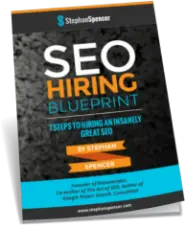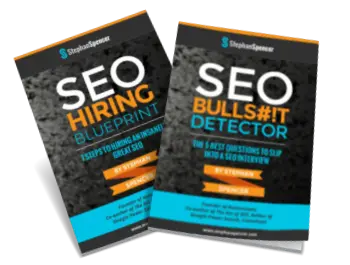If you’ve been paying attention, you’ll know that podcasting is huge right now. It’s so popular, I don’t even need to quote a bunch of stats at you.
If you’ve looked at the internet in the last year, then you’ll just know.
Starting a podcast is great for a whole host of reasons. First off it’s fun. Second, you’ll (hopefully) get to meet and interview all your heroes. And third, it’s a great way to build your personal brand and promote your business.
However, there’s one major drawback: most of the time, podcasting doesn’t make any money!
That’s fine if it’s a passion project you do in your spare time. But if you’re a serious entrepreneur, at some point you’re going to want to see a return on the time, energy, and money you put into your podcast.
While many podcasters run ads or use Patreon to solicit regular donations from their listeners, smart podcasters use their shows to actually generate opportunities, leads, and sales.
How? Here are a few tips…
Make Content That Addresses Your Customer’s Problems
While the cool thing about having a podcast is that you can just set up interviews with people you’re interested in, this isn’t necessarily the best approach if you’re using your podcast to generate leads.
Instead, when you’re planning out your editorial calendar, do a bit of digging into what your customers actually want to know about.
Is there a specific problem that comes up again and again in conversations with customers? What topics do people want to know about when they visit your website? Do an episode about them!
Sprinkle CTAs Throughout Each Episode
If you want to generate leads with your podcast, then CTAs (Calls to Action) are essential. When creating CTAs, there are a few things you need to remember:
First, most of your listeners are going to be way down the sales funnel. Simply telling them to buy won’t work. Instead, create CTAs that are related to the content of the podcast and provide value to the listener.
An effective (yet simple) way to do this is by offering downloadable whitepapers or checklists that provide more detail on the topic.
Next, be aware that most people won’t listen to your podcast all the way through. Analyze your stats, and see what the average listening time is and where the most common drop-off points occur.
Then, craft CTAs to place a few seconds before each point. You’ll also want to use CTAs at the beginning and end of each episode.
Create Super-Simple Opt-Ins
Where do you listen to podcasts? Maybe you listen while walking the dog at night, or on the train to the office, or in your car. The truth is that most people don’t listen while sitting in front of a computer—and that’s a problem.
If you want people to take action, you’re going to have to make it as simple as possible. And, they’re going to have to be able to do it on their phones.
There are a couple of ways to do this. The first is to use a text-message opt in service where people can text a simple command like “yes” to a short, simple number.
If you want people to go to your website, make it as easy as possible by adding a form to your homepage, preferably with only one field for them to fill out.
Repurpose Podcast Content
If you run a weekly podcast, then you’ll very quickly find yourself sitting on a gold mine of content that you can re-use in many different ways. It’s pretty easy to turn a podcast into a blog post, and sifting through your topic categories can be useful for creating listicles full of tips, or even in depth white papers on a particular topic.
Did you interview someone famous or someone who told an amazing, newsworthy story? Pull out some choice quotes and craft an article that you can pitch to major news outlets. You could also pull a couple of minutes of audio and edit into a video that you can upload to YouTube.
Whatever you post, just make sure you link back to your podcast so people know where to find more of the great content you are creating.
Use Ad Retargeting to Attract More Qualified Listeners.
If someone has visited your website, there’s a good chance they might be interested in your podcast.
You can use ad retargeting on platforms like Google Ads to promote your podcast to these people, or even promote a specific episode related to the actions they took on your website.
Building a podcast audience of people that are actually interested in what you’re doing is a great way to increase the number of leads you generate.
For more great tips on podcasting, check out my interview with Yann Ilunga on Marketing Speak.







